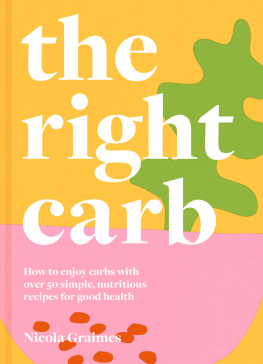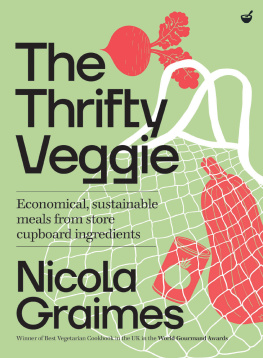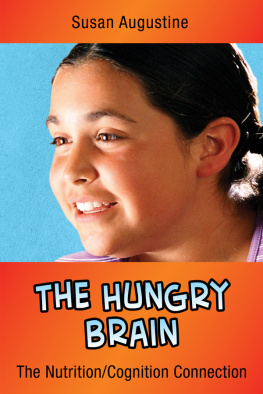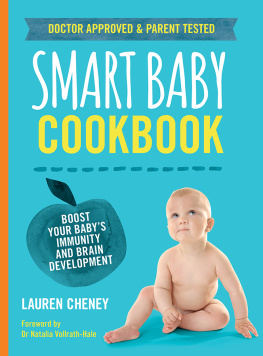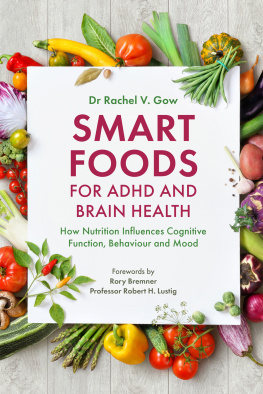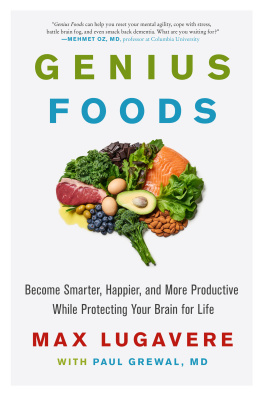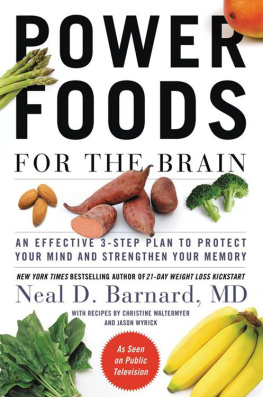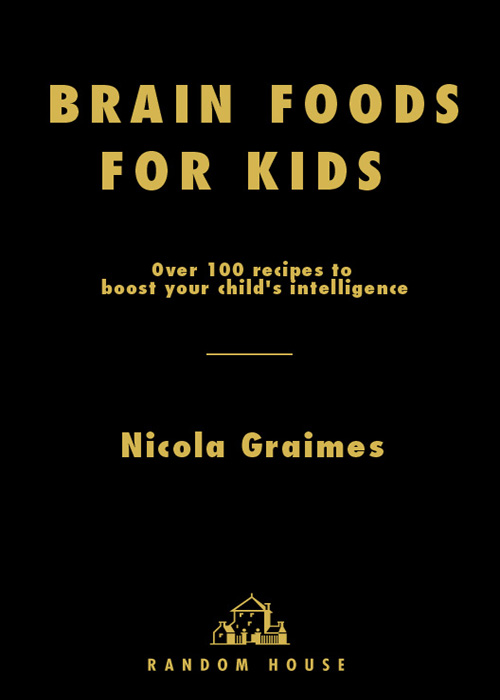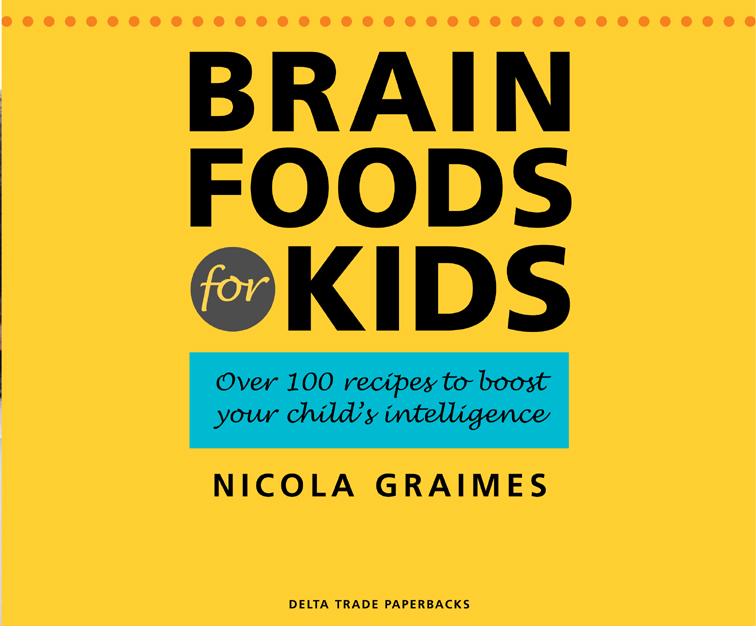INTRODUTION
All our children come into this world with a certain amount of intelligence. Yet, the question that fascinates me and has spurred me to research and write this book is -can we, as parents, help our children improve on their inherent intelligence through a healthy diet and lifestyle?
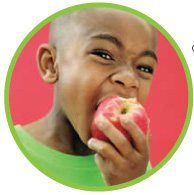
From birth, children are constantly learning new skills, from the first smile to talking, from crawling to walking and running, then on to reading and writing. Their brains need constant, good-quality nourishment to perform these functions and a whole range of other tasks. To put it into perspective, the brain represents just two percent of body weight but demands a massive 30 percent of the body's total energy supply.
My interest in child intelligence and behavior has been further fueled by the growing scientific evidence that you can enhance your child's brain-power by providing him or her with certain nutrients and that a deficiency in just one nutrient may have a detrimental effect on behavior and learning capabilities.
Now, this may sound straightforward, but as we all know, children can be very fickle in their tastes and eating habits. Most parents have their own methods of getting their children to eat. Mine are probably no different from many others. I know that it's best not to panic, to avoid confrontation at mealtimes, and to avoid giving children junk in place of decent meals just because they won't eat what you've given them. I've also realized that with a little gentle persuasion and by providing children with as much variety as possible, you'll be on the right track. My daughter went through some very fussy food fads: in her eyes she had better things to do than sit down and eat a meal. But now, happily, the tables have turned and she eats most things that are put in front of her. My son seemed to be following suit, but now, rather than preparing an endless collection of dishes in the hope that he will eat something, I've relaxed, and know that he will eat if he's hungry.
Parents have a lot to contend with. Children are influenced by TV advertising for highly colored drinks, fast food, and processed snacks, by peer pressure, and by the lure of the free toys offered by some manufacturers. The statistics are frightening: more children than ever are overweight (just look around the playground) and are therefore at greater risk of life-threatening conditions such as heart disease and diabetes. What's more, the social stigma of being overweight can have a seriously detrimental effect on a child's confidence.
We all want the best for our children and providing them with a good, balanced diet gives them the best start in life. The following recommendations are at the heart of this book.
YOUR BRAINBOOSTING ACTION PLAN
Eating the right foods and cutting out the junk is the crucial first step toward providing the brain with the nutrients it needs for normal brain function.
The power of exerciseOne recent study showed that 40 to 69 percent of children are largely inactive - yet physical exercise is fundamentally important in nurturing both body and mind. Running, swimming, and other aerobic exercise increases the supply of oxygenated blood to the brain, benefiting memory and attention span.
A good startResearch has found that eating breakfast is the best way to get brain cells fired up, improving memory and concentration. A good mix of protein and carbohydrates is recommended. See .
Little and oftenChildren have high energy requirements relative to their size, so they need energy-dense, nutritious foods in small but regular amounts. Regular meals and healthy snacks will keep blood sugar levels steady and ensure sustained amounts of energy. See .
Fresh is bestFruits and vegetables are crucial for good health and well-being and are great sources of vital antioxidant vitamins and minerals for the brain. However, recent research has shown that children eat less than half the recommended five portions of fruits and vegetables a day. See .
Fishy businessStudies confirm that consuming fish oils can raise IQ levels even before birth and they have also been shown to benefit children with dyslexia and ADHD. See .
Dump the junkPoor-quality, high-fat, high-sugar, additive-laden foods do no one any favors, unsettling blood sugar levels and robbing the body of vital nutrients. See .
Role of ironStudies have shown a positive link between IQ scores and iron intake, yet iron deficiency is common. Lack of iron is associated with delays in development, poor concentration, irritability, mood swings, and depression. See .
Water for lifeMost children don't drink enough water, favoring cans of carbonated drinks instead. Dehydration can affect concentration and intellectual performance, as well as the transportation of nutrients around the body. See .


BuildingA BETTER BRAIN
Here you'll find a wealth of advice about how to enhance your child's brainpower. Individual beneficial nutrients are mentioned, but it is important to recognize that any one of these should form part of an overall balanced diet and active lifestyle. The hope is that you will take on board many of the suggestions found here: long-term improvements in diet should start with our children - and the younger the better.
Bright BEGINNINGS
From the moment of conception, your child needs certain nutrients to help him or her develop healthily. So what you eat during pregnancy is very important in making sure your baby has a healthy brain and body. By including the recommended brain foods in your diet, you can pass on their benefits to your developing baby.

A Healthy Pregnancy Diet
In terms of eating the right food, the first few weeks of pregnancy are some of the most important. However, at this point, many women won't realize that they are pregnant. So if you're planning to have a baby, it's a good idea to start eating a nutrient-rich diet before you conceive. And, if you do miss those early weeks, don't worry. Simply start to eat well once you know you are pregnant.
During the first six months of pregnancy, you shouldn't need more food than usual. What is important is the quality of your diet. Pregnancy is a time to nurture both your baby and yourself. Eat the right foods, rich in the right nutrients, and you'll not only help your baby grow but also help yourself to enjoy a healthy pregnancy and good-quality breast milk once your baby is born.


